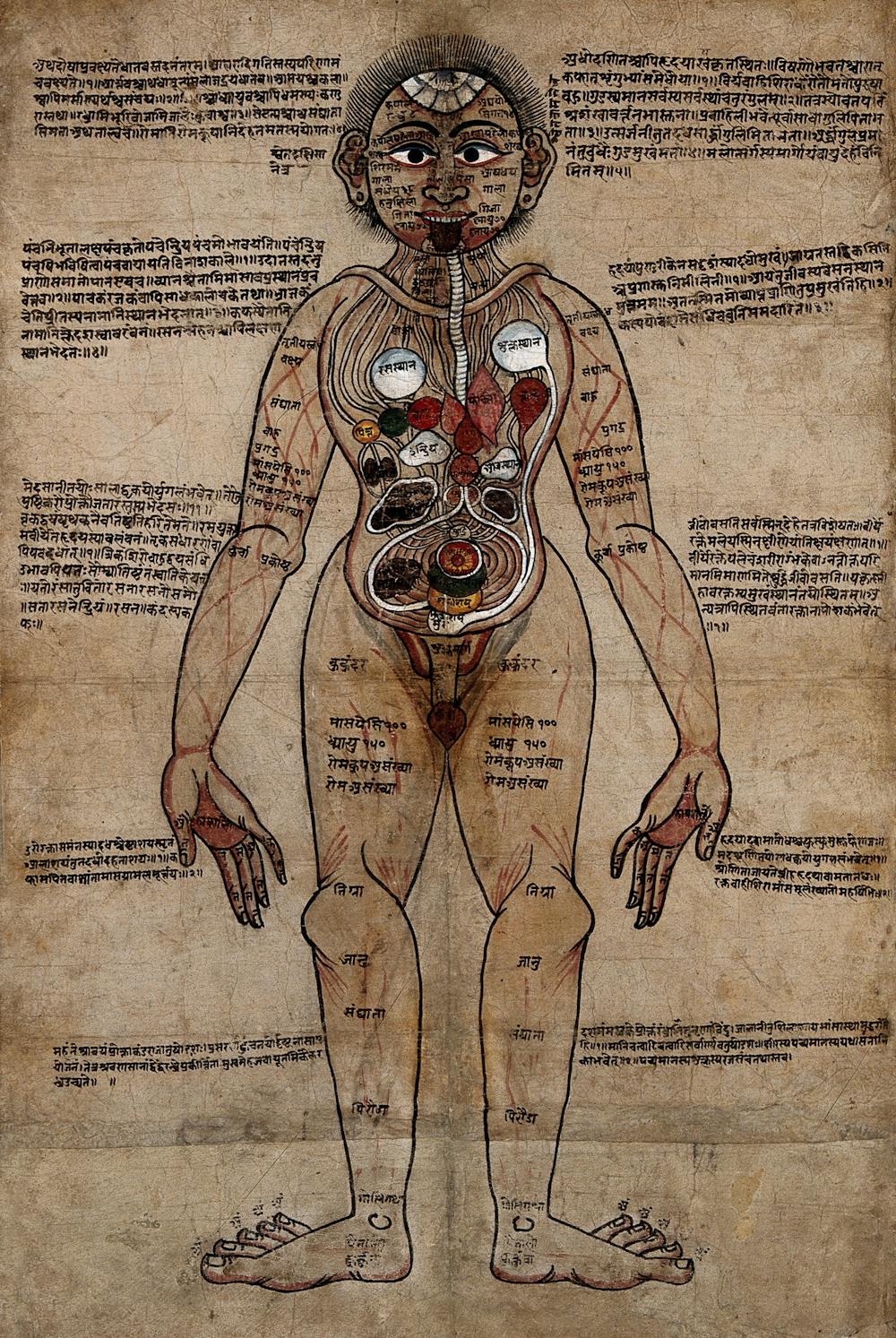A Beginner's Guide to Ayurveda and Its Practical Applications
A Beginner's Guide to Ayurveda and Its Practical Applications
Blog Article
Discover the Profound Conveniences of Ayurveda and Enhance Your Daily Life
Ayurveda, an old system of medicine stemming from India, provides a comprehensive structure for improving health through its all natural principles. As we discover the ins and outs of Ayurveda, it becomes noticeable that its practices hold the possible to transform day-to-day routines into routines of health and wellness and mindfulness, raising the concern of just how one may start to integrate these classic concepts into modern life.
Understanding Ayurveda Concepts
Although Ayurveda is usually viewed as an alternate recovery system, its principles are deeply rooted in an alternative understanding of health and wellness. Central to Ayurveda is the idea that optimum health and wellness is attained through a balance of mind, spirit, and body, emphasizing the interconnectedness of these aspects. This old technique recognizes that each private has an unique constitution, or "prakriti," which influences their physical, mental, and psychological well-being.
Ayurveda advocates for tailored approaches to health, integrating nutritional standards, way of living modifications, and herbal treatments customized to private demands. It urges making use of natural therapies that promote self-healing and improve vitality. The method likewise highlights the relevance of preventative treatment, concentrating on keeping equilibrium instead of simply treating health problem.

The Three Doshas Explained
An essential element of Ayurveda is the idea of the three doshas, which are vital forces that govern psychological and physical procedures within the body. These doshas are Vata, Pitta, and Kapha, each standing for one-of-a-kind mixes of the 5 components: planet, water, air, room, and fire.
Vata, defined by air and space, is responsible for activity and communication. It governs physical features such as flow, respiration, and nerve impulses. People with a primary Vata dosha have a tendency to be creative, energised, and versatile, but might additionally experience stress and anxiety and restlessness when unbalanced.
Pitta, connected with fire and water, symbolizes transformation and metabolism. This dosha manages digestion, body, and metabolic process temperature level - Ayurveda. Those with a solid Pitta visibility are commonly focused, passionate, and driven, yet they may come to be susceptible to impatience and inflammation when out of equilibrium
Kapha, formed by planet and water, offers framework and stability. It is connected to growth, resistance, and lubrication within the body. Individuals with a dominant Kapha dosha are typically tranquil, nurturing, and patient, yet they may have problem with lethargy and accessory if their power is unbalanced.

Comprehending these doshas is vital for achieving consistency in both body and mind.
Advantages for Physical Health
Countless benefits for physical health can be stemmed from the principles of Ayurveda, which stresses an alternative approach to wellness. By concentrating on the balance of the three doshas-- Vata, Pitta, and Kapha-- Ayurveda advertises ideal functioning of the body. This customized strategy allows people to customize their way of life, diet look at more info regimen, and therapies according to their special constitution and current discrepancies.
One substantial advantage of Ayurveda is its emphasis on precautionary treatment. By incorporating dietary recommendations, natural supplements, and way of living techniques, Ayurveda seeks to keep health and wellness rather than merely treating ailment. This proactive stance can boost resistance and reduce the danger of persistent conditions.
Furthermore, Ayurvedic methods such as yoga and meditation add to increased physical vigor and versatility (Ayurveda). Using all-natural herbs and remedies can ease usual disorders, improve food digestion, and enhance cleansing processes. Routine Ayurvedic therapies, such as Panchakarma, are created to rejuvenate the body and cleanse, fostering overall physical health
Eventually, Ayurveda motivates a balanced way of life, promoting not just physical health and wellness however likewise a deeper connection between mind, atmosphere, and body, causing sustained wellness.
Enhancing Mental Well-Being
The holistic approach of Ayurveda expands beyond physical wellness, dramatically boosting psychological wellness. This ancient system see this here of medication emphasizes the balance of the body, mind, and spirit, promoting emotional strength and psychological clarity. Central to Ayurvedic philosophy is the principle of doshas, which are vital forces that affect private constitution and frame of minds. By recognizing one's dosha, individuals can customize their way of life and dietary selections to promote consistency within.
Ayurveda utilizes numerous methods to sustain mental wellness, including organic remedies, reflection, and yoga. Adaptogenic natural herbs such as Ashwagandha and Brahmi are recognized to lower anxiety and enhance cognitive function, while day-to-day meditation methods boost mindfulness and emotional security. Additionally, yoga functions as a powerful device to reduce anxiousness and advertise inner tranquility, including breath control and positions that line up the mind and body.
Moreover, Ayurveda motivates a well balanced routine, highlighting ample sleep, nourishing dishes, and stress and anxiety management methods. By cultivating self-awareness and urging a link to nature, Ayurveda grows a resilient mind, eventually causing boosted mental well-being and a deeper sense of satisfaction in day-to-day life.
Incorporating Ayurveda Into Every Day Life
Incorporating Ayurveda right into life can be a transformative journey towards holistic well-being. This ancient system of medication stresses equilibrium in the spirit, body, and mind, supplying functional devices for improving health and vitality. To begin, people can evaluate their distinct dosha-- Vata, Pitta, or Kapha-- to tailor way of life choices that align with their constitution.
Including Ayurvedic concepts her comment is here begins with mindful consuming. Consuming seasonal, locally-sourced foods that fit one's dosha promotes food digestion and power levels. Additionally, practicing daily regimens, or dinacharya, such as waking early, oil pulling, and meditation develops a grounding foundation for wellness.
Herbal solutions, assisted by an Ayurvedic specialist, can further sustain specific wellness issues. Integrating yoga and breathing exercises motivates physical versatility and mental quality.


Conclusion
Integrating Ayurveda into every day life uses a thorough structure for achieving all natural health and wellness and well-being. By recognizing private doshas and their impact on physical and psychological wellness, individuals can customize their lifestyle options efficiently. The advantages extend past mere physical vigor, promoting psychological durability and psychological clearness. Welcoming practices such as conscious consuming, yoga, and natural remedies cultivates a well balanced existence, making it possible for individuals to browse life's obstacles with improved poise and simplicity.
Central to Ayurveda is the belief that ideal wellness is achieved through an equilibrium of mind, spirit, and body, highlighting the interconnectedness of these aspects.Ayurveda advocates for personalized approaches to health and wellness, including dietary standards, way of living modifications, and natural treatments customized to specific demands.Additionally, Ayurveda highlights the function of the setting in wellness, recognizing that external factors, such as seasons, environment, and way of life selections, can influence a person's well-being.The alternative strategy of Ayurveda extends beyond physical wellness, considerably improving mental well-being.Incorporating Ayurveda right into daily life provides a thorough framework for achieving holistic health and wellness and health.
Report this page